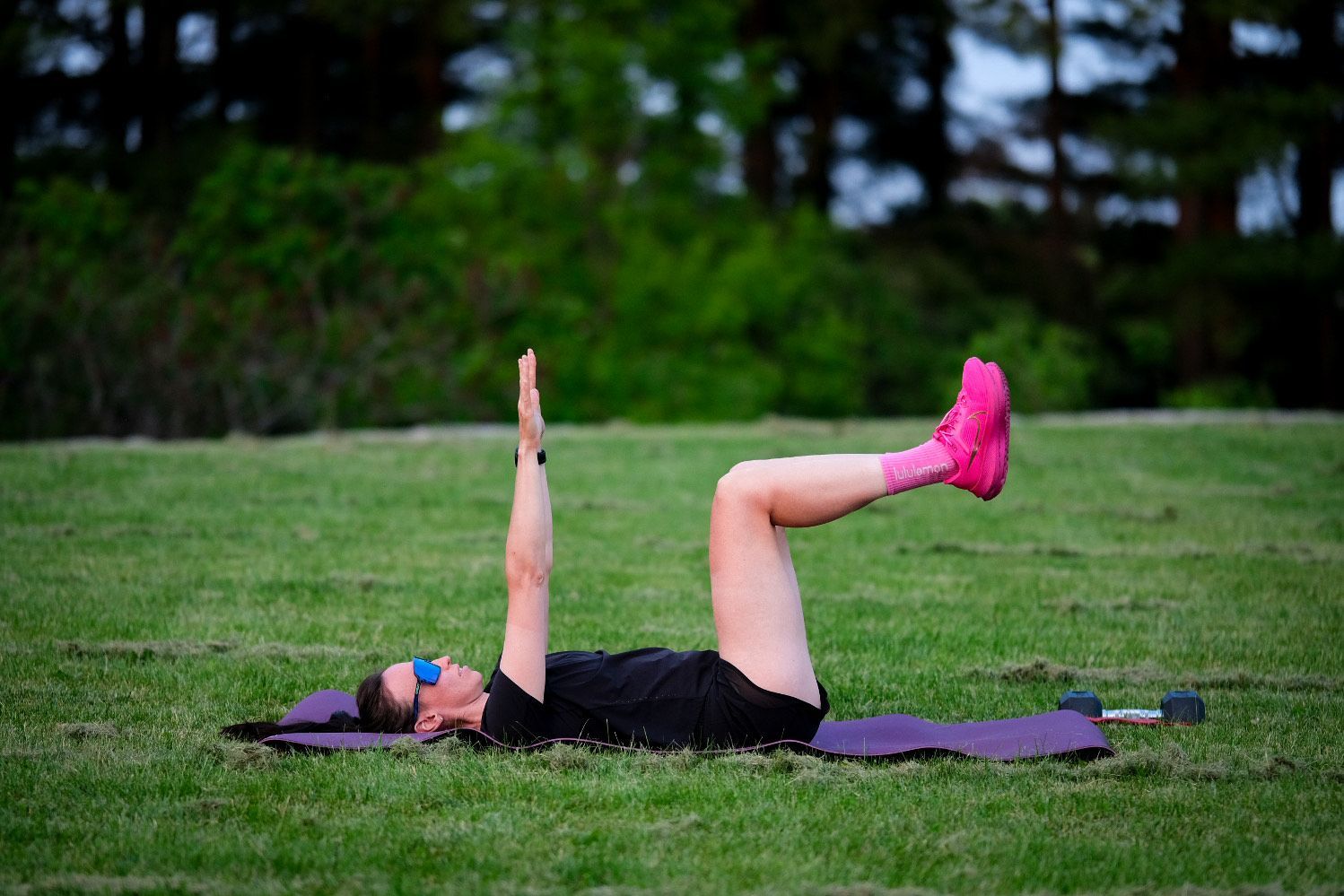Fueling for Runners: The Balance Between Underfueling, Overfueling, and Optimal Performance
Fueling for Runners: The Balance Between Underfueling, Overfueling, and Optimal Performance
When it comes to running performance, endurance, and recovery, nutrition is everything. Fueling properly before, during, and after a run can be the difference between hitting a new personal best -- or hitting the wall.
However, many runners struggle to find the right balance. Some underfuel, leaving their bodies depleted and struggling to perform, while others overfuel, leading to sluggishness, GI distress, and poor energy utilization.
So, what’s the key to optimal fueling? It’s about understanding:
✔️ The importance of proper fueling
✔️ The dangers of underfueling
✔️ The pitfalls of overfueling
✔️ How to fuel correctly for different race distances
✔️ How I incorporate fueling strategies into my coaching at CoachMartin.ca
Why Proper Fueling Matters for Runners
Running is demanding. Your body burns through carbohydrates, depletes glycogen, and requires protein for muscle repair. Fueling correctly ensures:
✅ Sustained energy levels to avoid crashes and fatigue
✅ Improved endurance, which keeps your muscles working efficiently
✅ Faster recovery, which supports muscle repair and glycogen replenishment
✅ Reduced risk of injury by strengthening the immune system and bones
✅ Better focus and performance, preventing mental fog and decision fatigue
Yet, many runners struggle to fuel correctly, swinging between underfueling and overfueling, both of which can harm performance.
The Dangers of Underfueling
Underfueling happens when you don’t consume enough calories or carbohydrates to match your training demands. This can happen intentionally (fear of weight gain, avoiding GI issues) or unintentionally (not feeling hungry, forgetting to eat).
Signs of underfueling include:
❌ Chronic fatigue, early burnout in runs
❌ Feeling weak or dizzy during or after workouts
❌ Poor recovery, lingering muscle soreness
❌ Increased risk of injury (stress fractures, tendinitis)
❌ Mental fog and lack of motivation
❌ Hormonal imbalances (missed menstrual cycles, low testosterone)
Why It Happens:
• Not eating enough before/during runs
• Fear of weight gain or GI distress
• Underestimating calorie needs
• Busy schedules leading to skipped meals
🚨 The Pitfalls of Overfueling
Overfueling is less talked about, but it’s just as problematic. Some runners overcompensate by eating too much, consuming too many gels, or drinking excessive fluids, leading to poor performance.
Signs of Overfueling:
❌ Feeling sluggish and heavy during runs
❌ GI issues: bloating, cramping, nausea
❌ Over-reliance on gels, sports drinks, or sugary foods
❌ Frequent bathroom stops mid-run
❌ Weight gain or digestive discomfort
Why It Happens:
• Overloading on carbs right before a run (causing energy crashes)
• Drinking too much water without electrolytes (causing hyponatremia)
• Consuming too many mid-run calories (leading to bloating and nausea)
• Thinking more fuel = better performance (fueling should match effort)
Fueling should be about precision, not excess. It’s about meeting, not exceeding, your body’s needs.
How to Fuel for Different Race Distances
Every runner is different. We’re all different sizes, ages, and at levels of fitness. Some people have chronic digestive issues like Celiac disease, while others may have allergies or other special dietary needs. Assuming you know your body best, here are some suggestions for fueling your next run.
🔹 10K Fueling Strategy
• Before: Light meal/snack with 30-60g of carbs (banana with peanut butter, toast with honey) 60-90 minutes before.
• During: No fuel needed unless running over 60 minutes. Stay hydrated.
• After: Carbs + protein (Greek yogurt & granola, eggs & toast) for recovery.
🚫 Don’t overeat beforehand—stick to simple, digestible carbs!
🔹 Half-Marathon Fueling Strategy
• Before: Higher-carb meal 2-3 hours before (oatmeal, bagel with peanut butter).
• During: 30-60g of carbs per hour (gels, sports drink, chews). Hydrate with electrolytes.
• After: Replenish glycogen and protein ASAP (chicken and rice, smoothie).
🚫 Avoid starting too fast and overloading on carbs at mile 5!
🔹 Marathon Fueling Strategy
• Before: Carb load 48 hours before race day. Eat easily digestible carbs pre-race (bagel, banana, rice).
• During: 60-90g of carbs per hour (gels, energy chews, sports drinks).
• After: High-GI carbs + protein to recover (chocolate milk, pasta with chicken).
🚫 Over-fueling leads to bloating, nausea, and performance drops.
🔹 Ultra (50K+) Fueling Strategy
• Before: Carb load two days before. Eat a low-fibre, high-carb breakfast.
• During: Fuel every 30-45 minutes with 80-100g of carbs per hour. Mix solid and liquid calories (PB&J, gels, potatoes, electrolyte drinks).
• After: Massive refuel session (protein shake, rice, whole foods). Prioritize hydration & electrolyte replacement.
🚫 Don’t experiment with new foods on race day. Be sure to train your gut!
Fueling is Part of Training—Not Just Race Day
Your gut is a muscle; it needs training. You need to practice fueling during training to ensure your body tolerates food and uses it efficiently on race day.
This is where I can come in and help!
How I Help You Optimize Fueling:
✅ Personalized nutrition guidance tailored to your race goals
✅ Gut training strategies to help tolerate mid-run fueling
✅ Pre-race carb-loading plans for max glycogen stores
✅ Post-run recovery nutrition for muscle repair and injury prevention
Work With Me and Optimize Your Nutrition!
If you’re serious about performing at your best, avoiding under-fueling, and fueling with precision, I can help. My coaching isn’t just about running—it’s about fueling, strength, recovery, and building a sustainable endurance lifestyle.
📲 Visit CoachMartin.ca to learn more about my coaching approach and plans, and let’s connect for a preliminary consult at no cost to you.
Let’s fuel right. Let’s train smart. Let’s run strong.
Disclaimer: The information provided in this blog post is for educational and informational purposes only and is not intended as a substitute for professional medical advice, diagnosis, or treatment. Always seek the advice of your physician or other qualified health provider with any questions you may have regarding a medical condition or before beginning any new exercise or nutrition program. The content here is based on general knowledge and may not be suitable for everyone. Reliance on any information provided in this blog is solely at your own risk.




